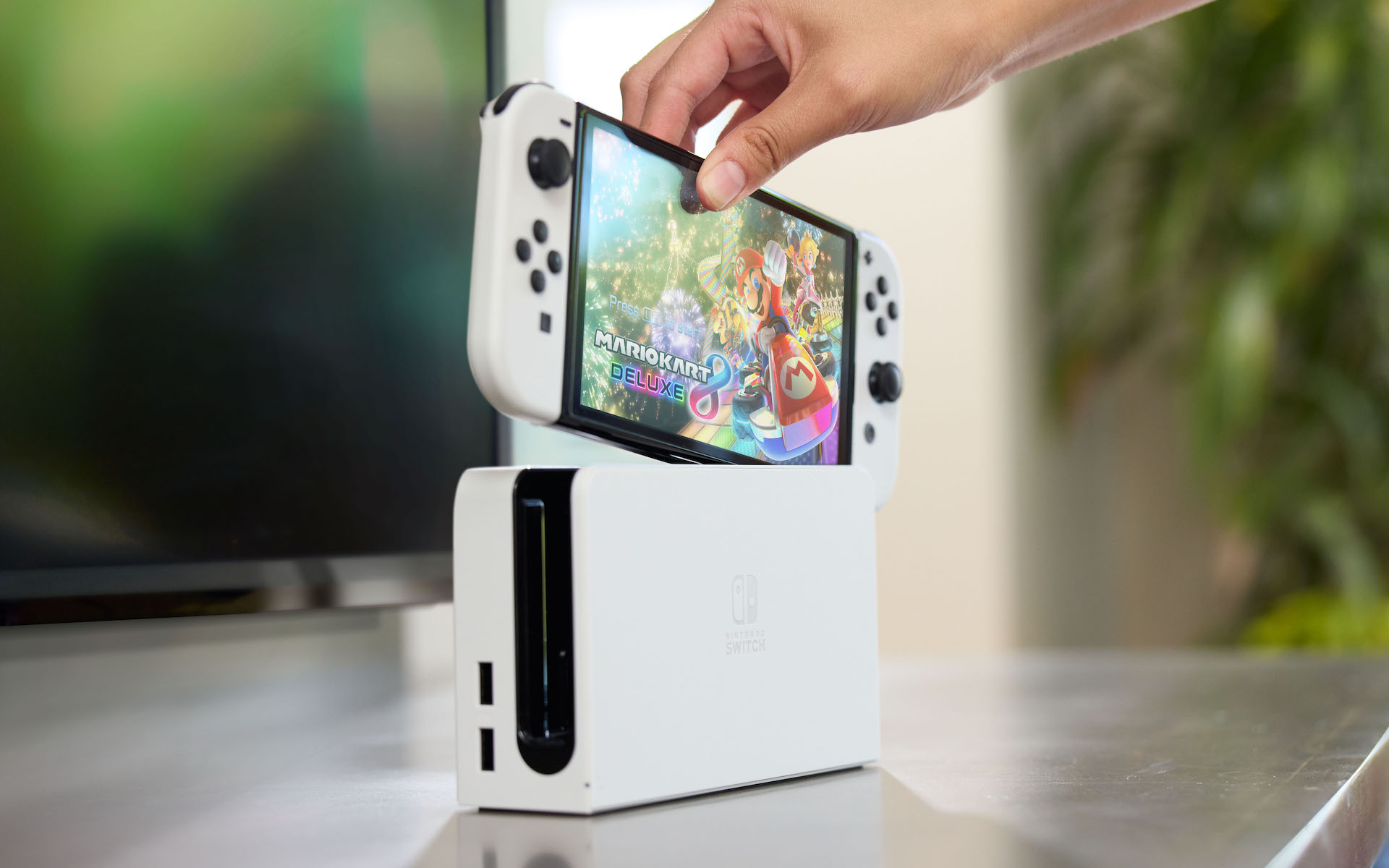Reservation of gaming titles’ legacy and adaptability in a modern setup has been transformed by emulation. Gaming enthusiasts have seen the rise of programs that are capable of replicating gaming consoles on personal computers. Yuzu and Ryujinx have been among the notable software that offered Nintendo Switch emulation, allowing gamers to play and experience Nintendo games on Windows PC, macOS, and Linux systems. However, these emulation projects have faced significant challenges from the owners of the original games.
Following an initial controversy earlier this year that saw Nintendo take legal action against Yuzu, another major fan project has been affected. Ryujinx, a widely recognized Nintendo Switch emulator, was recently put on hiatus and its online presence essentially erased. This move came after Nintendo contacted the lead developer of the project, and an agreement was reached to halt any further work and remove its online footprint.
Even the recent uncertainties around Ryujinx, the emulation software had previously enjoyed widespread usage. Compatible with more than 3,400 games, the project had attracted a significant following. Despite the absence of the emulator’s program download link and other related operational pages, the Ryujinx website remains accessible. Further, Ryujinx’s Patreon page, which currently has over 800 members and yields $1,661 monthly, is still up at the time of drafting this article.
News of Ryujinx’s pullback was initially made public by an individual who goes by the handle ‘riperiperi.’ Fans and developers have since taken to digital spaces to express their sentiments concerning the halt. Many have reflected on the unique joy brought by successful emulation, providing opportunities to replay classic titles in a new environment, as well as the potential for preserving game history.
An interesting factor to note is that the projects that were in the pipeline have been halted, too. Promising plans such as mobile ports for Ryujinx had been in development, implying that fans could have potentially played Nintendo Switch games on mobile phones. Despite the setback, some developers, including ‘riperiperi’, have indicated their faith in the relevance and importance of emulation. They iterated that gaming preservation greatly relies on the efforts of individuals and hoped that it will attain proper recognition in due time.
Emulator group projects such as Ryujinx and Yuzu have always found themselves in a controversial spot, attracting negative attention from Nintendo. While they don’t directly promote the use of illegally-obtained versions of games, the opportunity provided for gamers to access these games raises ethical issues. A key concern was the leakage of ‘The Legend of Zelda: Tears of the Kingdom’ game, with Nintendo making allegations that the game experienced over 1 million downloads, 20% of which were facilitated by Yuzu.
Given these controversies, it is important to note that emulation goes beyond facilitating play with pirated games. Many users utilize these programs to play games they legally own in a different platform, presenting a new way to experience their chosen games. Fundamentally, emulators are also perceived as crucial tools in ensuring game preservation. The modern equivalent of a digital museum, they provide a channel for vintage games that are no longer accessible or in distribution. As such, despite the challenges and disagreements, emulators maintain a key role in the gaming community’s understanding and enjoyment of the rich tapestry of video game history.

Leave a Reply